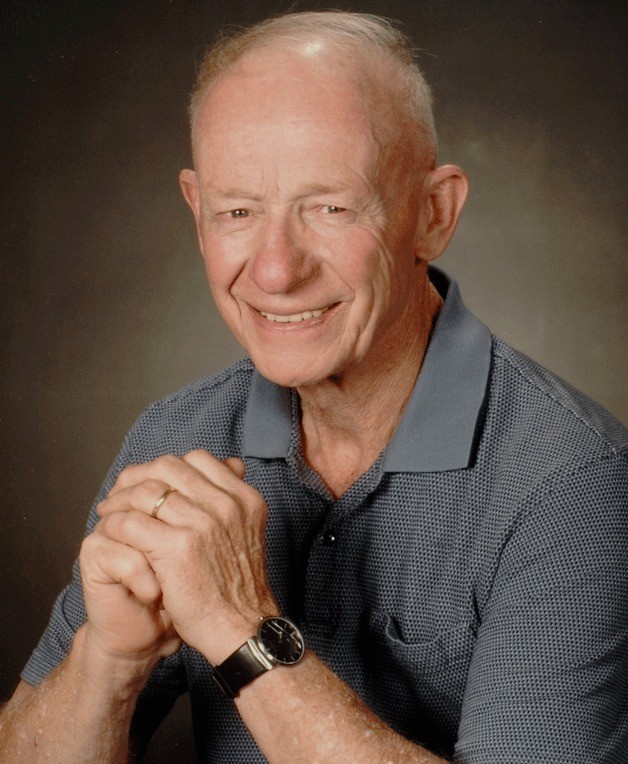BY DICK GOFF
We are all fortunate to be part of a community in which so many committed individuals and organizations do much to give help and caring to people in need. Recently we’ve been reminded of this by our community-wide celebration honoring our Island’s spirit of volunteerism, and also by Dr. Greg Keyes’ guest column, “Living in a Community That Values Seniors.” (Review, April 3).
Island Volunteer Caregivers (formerly Interfaith Volunteer Caregivers) is a vital part of this network of compassion. Its volunteers give, free of charge, non-medical help to the elderly, disabled and others temporarily in need, to help them maintain their health, dignity and ability to live independently and to enhance the quality of their lives.
IVC is now experiencing increasing difficulty meeting the needs for our services, due to a recent surge in numbers of new care receivers and requests for help. Thus, IVC urgently needs new volunteers.
IVC’s mission embodies our community’s concern for the welfare of its most vulnerable residents, including our seniors, who make up a steadily growing portion of our population. That concern is also represented by the several residential and assisted living communities on Bainbridge that provide quality housing, care and other services for older adults – including the recently opened Madrona House providing assisted living and memory care.
IVC volunteers provide some services to residents of these facilities. However, IVC’s mission is focused primarily on helping the many elderly and other people needing assistance who desire to “age in place,” a majority of whom are living on low-fixed incomes. A major purpose and benefit of IVC’s volunteer services is to enable these residents to continue living independently in their own homes as long as possible.
As part of this mission, IVC seeks to enable seniors and others we serve to experience companionship, social connections and activities important to their enjoyment of life and their physical and mental health. In this regard, many of IVC’s care receivers do not have family living nearby.
Thus, for care receivers who cannot drive, IVC volunteers provide transportation for needed health care services as well as shopping and other important errands. Volunteers also give much-needed help with in-home tasks such as light housekeeping and meal preparation, pet care or gardening, or reading to the visually impaired, and also provide respite care to relieve overburdened family caregivers.
IVC volunteers also transport care receivers for many social, recreational, cultural and educational activities outside their homes. They also enable and join with care receivers to enjoy “spirit lifting” activities both in the home and in excursions such as walks, viewing gardens, art shows or galleries, or attending musical events.
Through visits and the services mentioned above, volunteers provide companionship and a listening presence vital to people who may be struggling not only with physical difficulties but also with isolation and loneliness.
One IVC care receiver says: “IVC has become my link with the world. Arthritis, muscular degeneration and neuropathy in my arms isolated me until IVC sent Linda to help me. She and other IVC members pick up prescriptions, cook wholesome delicious meals, write letters for me and drive me to appointments. They make sure I have conversations and sometimes read to me. I can’t imagine my life without IVC and the support of their volunteers.”
Other examples:
A series of IVC volunteers drive Esther and Margaret to the senior center three times weekly to participate in activities ranging from chair yoga to line dancing, and to enjoy a hot lunch and friendships.
Three IVC volunteers take turns visiting a 90-year-old woman who is lonely, to engage in knitting and conversation with her.
Another volunteer plays chess weekly with a young disabled care receiver.
An elderly man who lives alone and loves music was taken by an IVC volunteer to a local concert of classical music.
Volunteers transported a wheel-chair bound husband to visit his wife weekly at a care facility to which she had to moved due to Alzheimers.
IVC matches volunteers with care receivers primarily through emails each weekday informing all volunteers of current needs, to which volunteers can then choose to respond. Each caregiver controls how much, when and for what he or she can or wishes to volunteer.
By serving others through IVC, volunteers’ lives are enriched. They experience the joy and satisfaction of knowing they are making a positive difference in the lives of those they help. They develop new friendships and relationships with very interesting people. Finally, they benefit through opportunities to give back to their community in meaningful and fulfilling ways.
Please consider helping neighbors through volunteering with IVC. To learn more, please call IVC at 842-4441 or email info@ivcbainbridge.org.
Dick Goff is a member and currently President of the Board of Directors of IVC.



